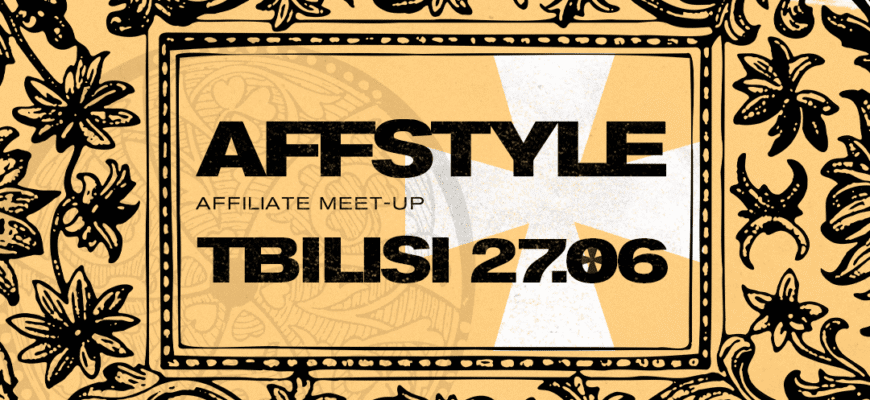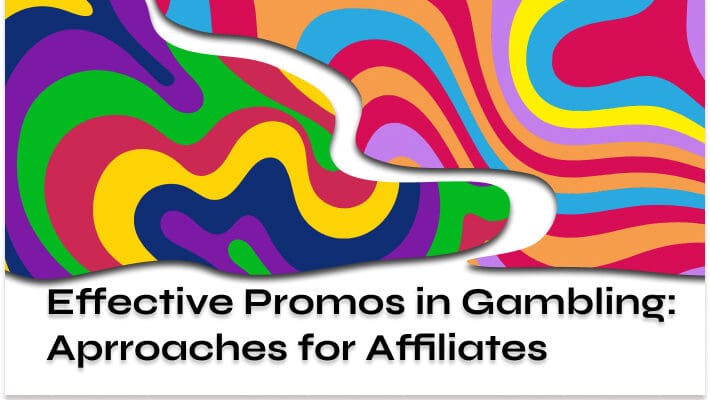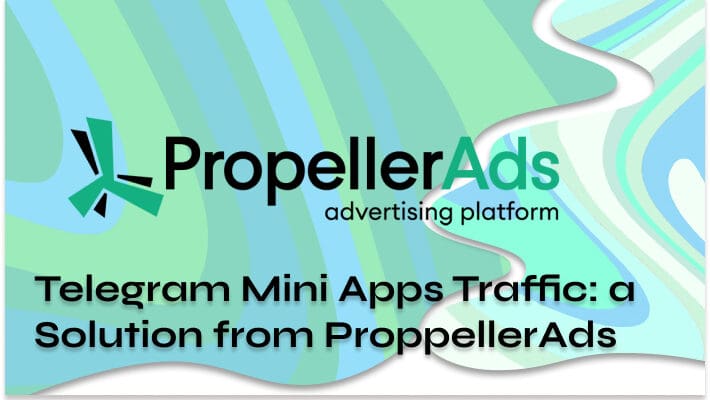We all know how valuable Google Ads is for both webmasters and affiliates. It offers a wide range of formats and places for running advertising campaigns. Unfortunately, as they say, one drop of poison can infect the whole tun of wine. Google Ads is known to have a rather strict moderation process. AI bots check the majority of ads on the platform. To make matters worse, Google scrutinises even the most harmless advertisers who struggle to increase CTR.
We will take a look at Google Ads policies and guidelines to find out what grey hat advertising is. You will learn how it leads to account restrictions or even blocking. We hope that it helps you to avoid such situations and find a more appropriate way of driving traffic.
Google Ads Requirements
Google verifies accounts, payment methods, and other things. It checks all account data for any signs of grey hat tactics and affiliate marketing. Unofficially, Google views the use of affiliates to promote a single offer or service as a form of unfair competition. However, the platform’s policies don’t say much about it. Failure to comply with these rules can lead to sanctions even for the most legitimate and transparent accounts.
It also states that you cannot promote pages without any information about a product, service, or company. Simply put, advertising anything that does not belong to the advertiser’s business is a potential violation of the rules. As a result, the account can be permanently banned.

The only exception is advertising agencies that have Google Partner status. Such agencies have a higher level of trust and a number of other advantages from the platform.
Furthermore, Google Ads rules state that to attract new and existing leads, you should provide all company information that you can show to users. However, if the company’s name does not exactly match the domain name of the promoted website or name specified during advertiser verification, the advertising campaigns may not be approved by the moderation system.

Another troublesome rule is the attempt to bypass Google’s tools responsible for checking ads, landing pages, and other content.

If you have high-quality proxies and a reliable anti-detect browser, you can still get your account banned even for using pre-landing pages.
How to Earn Google’s Trust
It turns out that both affiliate marketers and direct advertisers need to regularly register new domain names and advertising accounts to work with Google Ads. If the goal is to create the image of a legitimate campaign to improve the ROI, then it will be necessary to borrow data from other companies to link to advertising accounts.
As of 2023, affiliates and direct advertisers whose offers and services are prohibited or restricted by Google have several options to improve their work with the advertising platform:
- Use trusted advertising accounts from Google Partners agencies.
- Establish a continuous cycle of farming and warming up accounts, purchasing payment methods, proxies, and other resources.
The first option involves adding advertiser accounts to Google Ads agency accounts. Through these actions, the trust of the advertising account is transferred to the working account without additional warming up. Additionally, advertising campaigns launched through the agency account undergo moderation on a priority basis. Another advantage of using agency advertising accounts is the possiblity to withdraw unspent funds even from a blocked Google account.
If a webmaster does not perform any actions within the account that could trigger Google’s algorithms, an advertising campaign, even in gray verticals, can run for tens of thousands of dollars and last up to a year.
The second option for working with Google Ads is also effective, but it requires more time and financial investment. Additionally, it is unlikely that you can get a refund for the remaining advertising budget from some accounts. The accounts themselves will become even more expensive due to a higher number of bans.
You may even want to consider an alternative advertising network called Display & Video 360. It is a tool from the Google Marketing Platform and it also has everything you need for testing and optimizing advertising campaigns.
Conclusion
Google’s drive to make its operations as transparent as possible for users sometimes leads to absurd situations, demanding the same level of transparency from all advertisers. These realities complicate advertising for legitimate affiliate marketers. With the tightening and constant updating of rules, purchasing traffic for niches that Google considers grey has become much harder than before. However, one of the still-effective methods remains using agency advertising accounts with higher trust levels.











